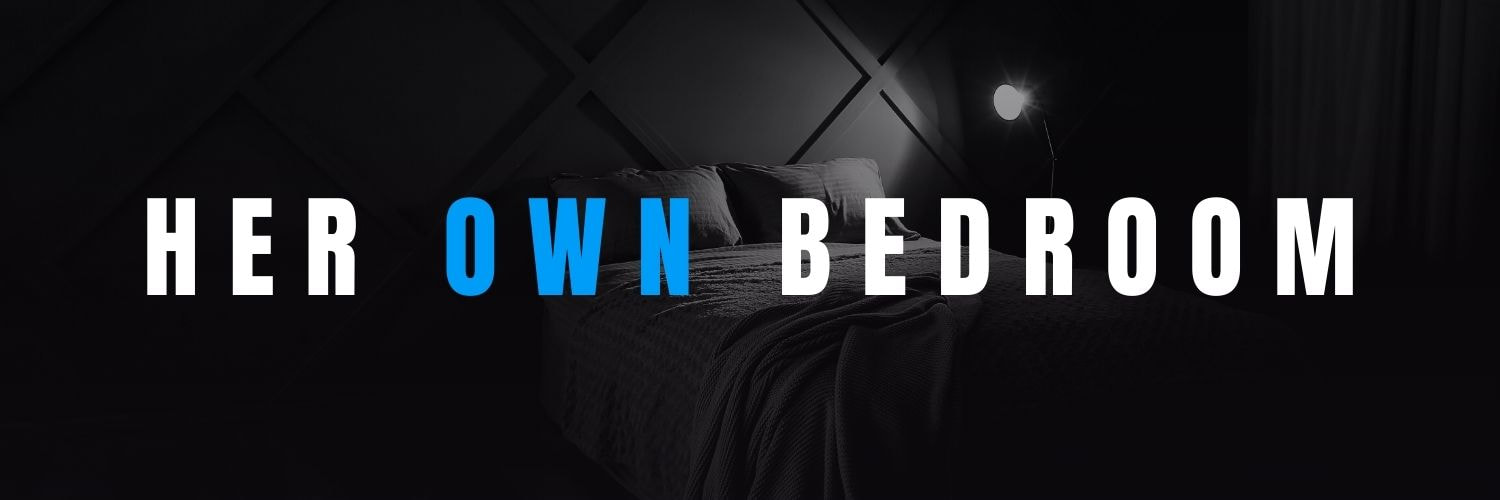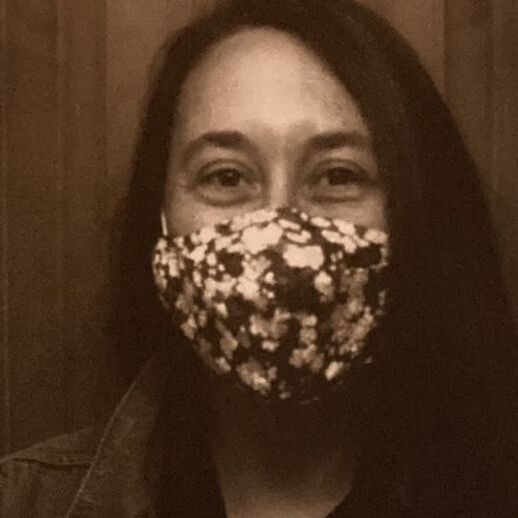by Elizabeth S. Tieri
|
I am my mother's baby, twofold. Not only because I grew inside her, but because I was the last to grow inside her, the last of seven. My mother was 36 when I was born, 35 the winter she found out she was carrying me in that already big belly of hers. I'm 35 this year, and childfree. In my father's obituary, which I've been drafting for weeks, my name will be the only among his children with nothing listed afterward, "...and Elizabeth." Period. My father is dying. This is something anyone who's known me for more than a day has heard me mention. My father is one of those depression-era babies who never ate a vegetable that didn't come out of a can. He was already a sick, old man when I was born. Yet he spent the last two decades of his life defying the doctors' decrees, keeping hard at work. But this is not a story about my father. This is a story about my mother. I once asked if she ever wished she'd married someone other than my father. "No," she told little me. (I'm sure this part of her answer was never true, based on what I know of romance and also what I've heard her say since.) But I've always admired the second part of her response. "Because," she said, "with any other husband, I wouldn't have gotten you for my baby." As the baby, I was allowed to sleep in their bed much longer than the average child, not only because there were no younger siblings to take my place and kick me out, but also because my father worked nights, and my mother prefers not to sleep alone. I, incidentally, prefer not to as well. For much of my childhood, I shared a full-sized bed with two sisters. But some of my earliest memories are of faking sleep on the couch until Pop left for work. When the coast was clear I'd climb into bed with Ma. Some nights when he was home, I slept on the floor under their bed, because I hated so much to sleep away from her. Even past the third grade, when I got my own bedroom and my own bed for the first time. My mother never had her own bedroom. Ever. She went directly from sharing a room with her sister as a child to sharing a room with her husband as a mother. Some of the furniture from her childhood bedroom still fills the one I share with no one, alone in the city. My mother never had her own bedroom until tonight, because now my father is dying, and he's so close to dead that he needs a hospital bed for the nurses to ease him to the end. When they labeled him hospice, he opted to go home. He wanted to spend his last moments in bed with his wife. They got away with that for a few weeks, sharing their bedroom in my sister's house. But this week, the VA has insisted on a hospital bed. So my parents' bedroom has become just his, because that hospital bed is a single, despite my parents' marital status. It's a status they've held for the majority of a century. Tonight, my mother is expected to sleep in the extra room, alone. The nurses tell us this, though we know she would rather suffer in a chair beside him: upright, dozing, awaiting his every need. We don't tell the nurse. It doesn't need to be said, and we want to seem compliant. So we move the mail and photo albums and laundry. We put her sheets on their old shared bed in the extra room. All of a sudden, for the first time in her seventy-two years, my mother has her own bedroom. It won't be really real, though, until my father passes. I made my peace with his fate years ago, something I keep telling the friends who offer their concern. My words, however, lose their sincerity through the cloth of this mask I must wear. Minding the mask is superficial when I consider the more painful ways this pandemic will distort my father's passing. When my father does finally rest in peace, because of the pandemic, I can't rejoin my mother's bed, her bed alone. Something I've done so many times—even as an adult. I no longer belong to my mother's household, her germ circle, so I must keep my distance even after my father passes. We sit here waiting in the living room while my father is dying in the bedroom that has become just his. We take turns sitting alone with him and sitting together with Ma. In either room the television projects cowboys or murderers, depending on the time of day. My father flicks the guide on to track the time; he wants to know every moment, every minute we're at. He fears the days he cannot track. Meanwhile, my mother fields questions that we—mostly me—pose to her, memorializing the minutiae of her fascinatingly rich memory. Her stories bridge my loneliness—the distance I feel between this straight-backed chair to her and them. I'm several feet away from the people who've known me the longest, yet seem to know me the least. She talks mostly about when she was first married. I steer the conversation to the few years before Pop. "Where were you working when you bought my bookcase?" A direct question, the only chance I have at keeping Ma on track, especially tonight. "The big bookcase that used to have the TV in Berwyn?" "Yeah Ma, the room divider." That book-case was the first piece of furniture my mother bought for herself. It divided the bedroom she shared with her sister through high school and just after. It's a beautiful dark-walnut piece with a drop-down desk and deep drawers. "I was at State and Wacker proof-reading policies for the insurance company." "And how much did you make there?" "$70 a week." She managed to save $200 for that piece of furniture. In my apartment, it still holds my parents' records, the ones that have now become mine. It also shelves my bar. I wish I had a drink. But this is not a comfort I am granted. Not only because there's no booze in this house, but also a drink would mean I'd have to go outside to take down my mask. My mother never really drank. I often joke that she got drunk just twice in the 60s. The second time she got drunk she woke up pregnant, so she never drank again. She says she doesn't like to be out of control. My mother's a pragmatic woman. She raised us with a light hand, yet snuck assurances of her love into practical situations. She has always said, "A seatbelt is a hug from your mother." I don't drive much. I've never owned a car, yet never have I ridden in one without wearing my seat belt. Just as I would never refuse a hug from my mother. I wish I could go for a drive with her. Exploring, as she calls it, when there is no other goal in mind. But I'm stuck here in this crowded room, waiting in the weight of this distance. I'm the only one wearing one of the masks my sister made from her old pillowcases, the masks she made to combat this plague. Meanwhile, my old pillowcases are still on my pillows at home, alone in the city. Except one, the one that tore in the washer. I donated it to Ma to serve as what she calls her tickle—enabling her still-held childhood habit of sucking her thumb under a bit of cloth wrapped around her fist. As our wait wears on, her tickle emerges from her breast pocket. It comforts me, seeing my former pillowcase adorn her face, caressing her in her sleepless sorrow as her husband passes. While I wear my mask, I'm relieved that I won't be responsible, at least in this instance, for bringing about the demise of this great woman. I leave my sister's house. In the fresh air of the night, alone on my bike ride home, I keep my mask over my mouth, a comfort as close as I am granted to a hug from my mother. This essay originally appeared in the "?? Pandemic 2020" issue of the deadline. |
Elizabeth S. TieriElizabeth S. Tieri is the youngest of seven. She survives as a poet, historian, storyteller, and French teacher with great thanks to coffee. She is learning to hula hoop on roller skates and emphatically encourages you to ride your bike. Tieri has been publishing the deadline. through Back to Print for over a decade.
|





